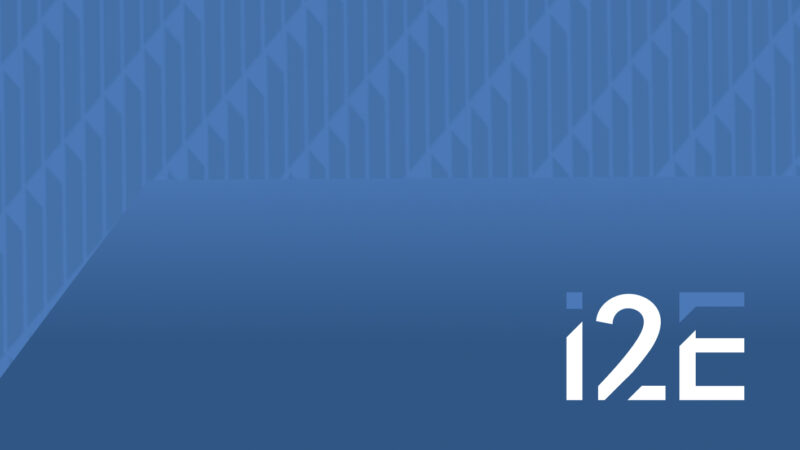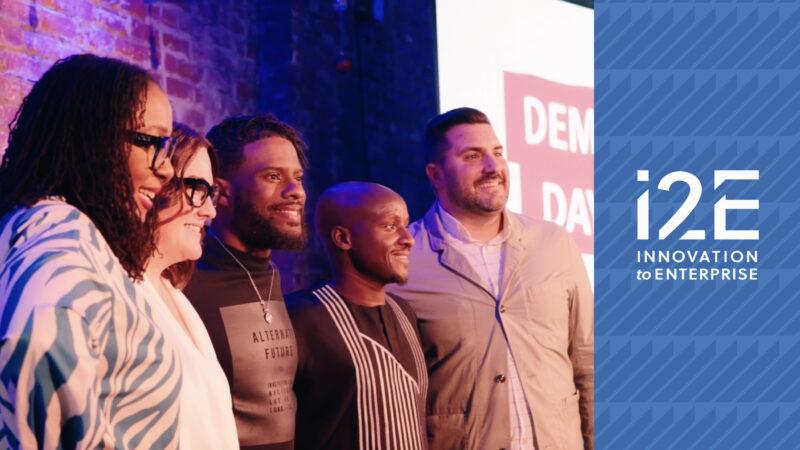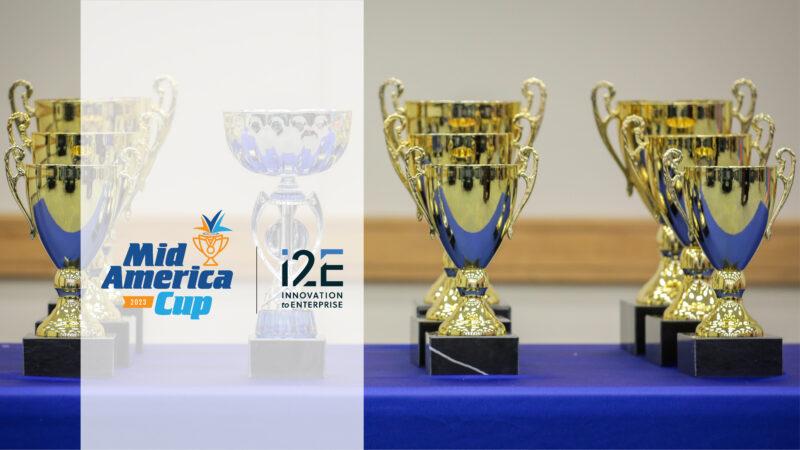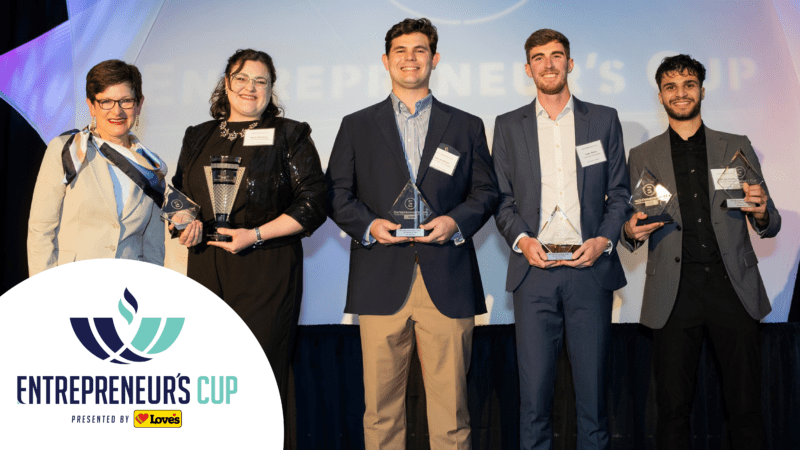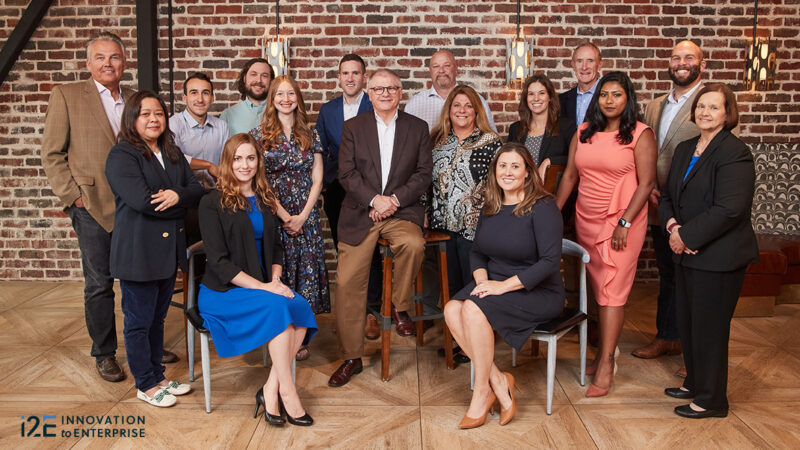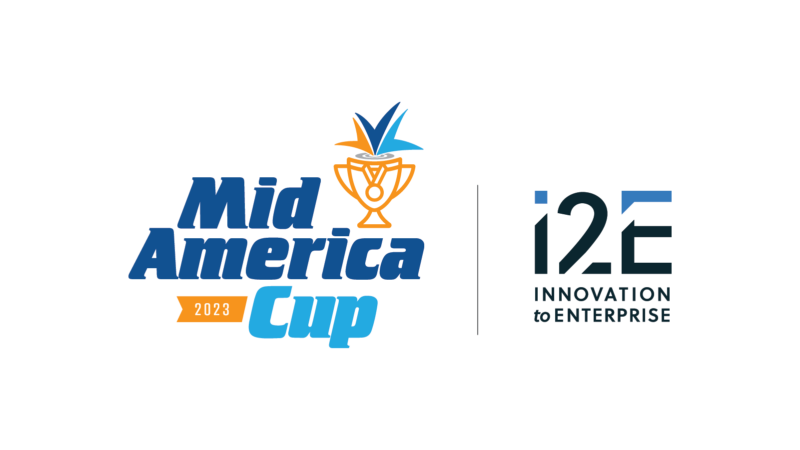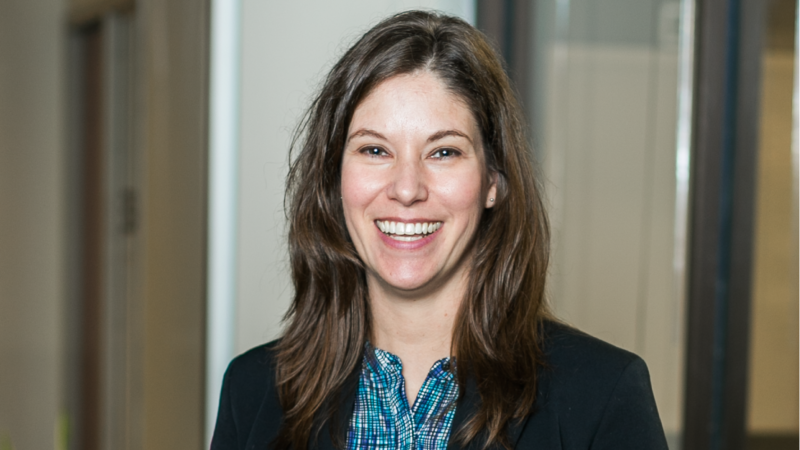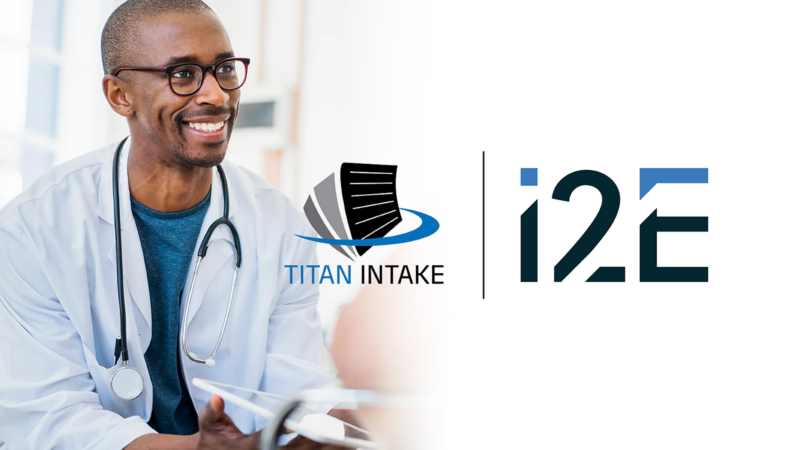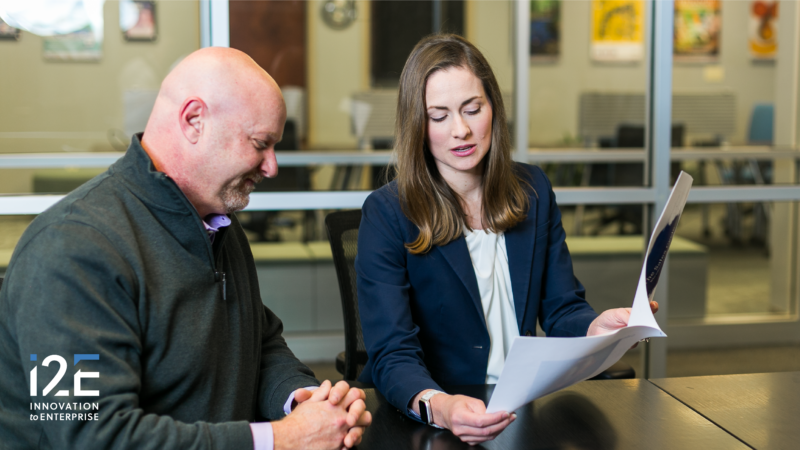By Scott Meacham
Copyright © 2017, The Oklahoma Publishing Co.
Life teaches us many things if we take the time to listen. I have been privileged to serve on the Advisory Board for OU’s newly created Stephenson School of Biomedical Engineering, allowing me to be on the ground floor of building a new academic program.
The board consists of a good cross section of academics, engineering graduates and industry participants. Recently, we considered whether the program should be a thesis-based masters, or if testing to prove subject matter mastery was more beneficial. The responses and deeper issues highlighted by those responses is what I found instructive.
Representatives from industry supported the value of the in-depth research required of doctoral level graduates; however, for master’s level graduates, they favored subject matter mastery over a thesis requirement.
An academic representative on the committee questioned the value of a master’s degree without a thesis, lest the program be purely technical.
This one exchange captured the tension that exists between academia, with its focus on research, and employers, who rely upon our higher education system to teach students functional and problem-solving skills that industry requires.
At i2E, we deal with this tension every day, positioned between educational institutions and the business community as we work to commercialize innovations from Oklahoma’s universities.
In our board discussion, Michael Detamore, the founding director of this new program who has sought the advice of the board every step of the way, suggested an emerging “third rail.” What about including student projects based on solving actual clinical or industry needs in the new curriculum?
It’s an intriguing idea.
All colleges and universities fall somewhere along a continuum of a teaching mission/educating students on one end and advancing knowledge/research on the other. State supported institutions understandably tend to be tilted more toward the teaching mission while private institutions (think MIT) oftentimes tilt more, but not completely, toward the research end of the continuum.
As any participant in i2E’s Venture Assessment Program will tell you, we focus more on identifying customers and their needs than on any other aspect of building a company. So, coming back to the biomedical engineering program we are developing at OU, who is the primary “customer” and what does that customer need?
For state universities, the primary customer seems to be the student. What does the student need? My college junior might say he “needs” the social experience of college. As his parent, my answer is that he “needs” a degree that is valuable in the workplace and an education that prepares him to perform at a high level in his post-college career.
Michael Detamore’s “third rail” idea strikes an intriguing balance where students are required to identify and satisfy industry needs as part of their degree requirement.
Scott Meacham is president and CEO of i2E Inc., a nonprofit corporation that mentors many of the state’s technology-based startup companies. i2E receives state support from the Oklahoma Center for the Advancement of Science and Technology and is an integral part of Oklahoma’s Innovation Model. Contact Meacham at i2E.com.
Read the article at newsok.com
